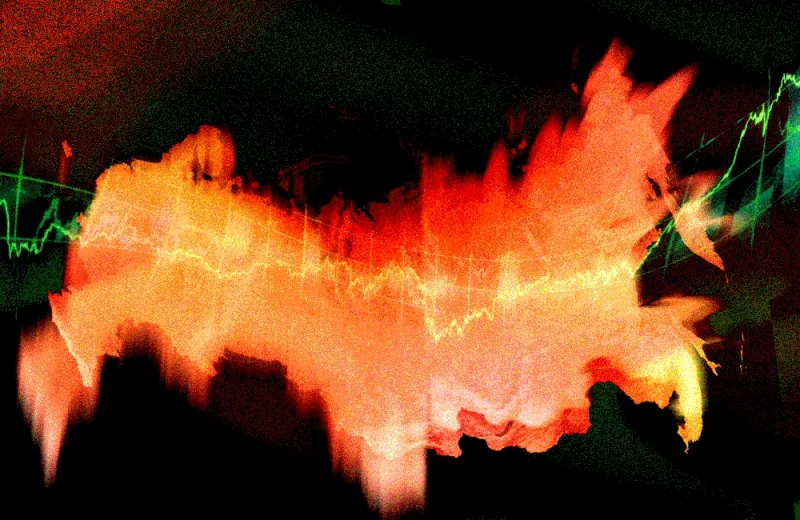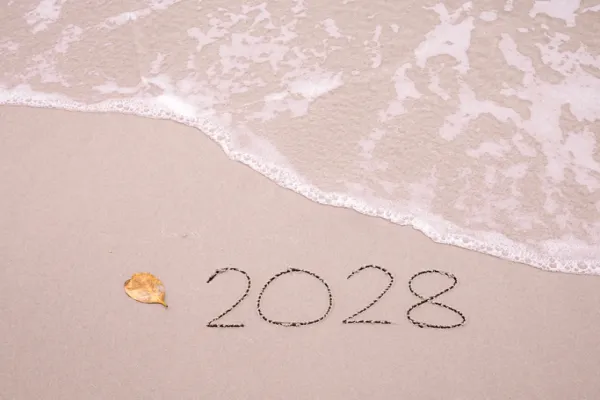A wrong bet on Russia cost hedge fund Praetorian Capital last year, but the fund, run by Harris Kupperman, still managed to gain 11.94 percent in 2022.
Praetorian’s “Russian Adventure,” as Kupperman calls it, “has been a disaster,” he said, in a recent letter to investors. When Russia invaded Ukraine, Russian assets were were in free fall, but still trading in the West. To Kupperman, it looked like a smart distressed play to scoop them up.
“At the time we did not anticipate the escalation of the conflict to where it is today nor did we anticipate that Western investors holdings of Russian assets would be halted,” a spokesman explained. “Clearly that was incorrect.“
Praetorian marked the assets to zero and moved them to a side pocket, costing the fund 7.7 percent net of fees last year. “While I’m hopeful that this may be reversed at some future date, there is zero clarity on when or if we will ever have this capital returned to us,” Kupperman said as the war in Ukraine neared its one-year mark.
Last year’s performance, while outdoing the broader markets by a large margin, pales in comparison to Praetorian’s performance during the prior two years. It gained a net 142.87 percent in 2021 and 129.49 percent in 2020. In 2019, the year Kupperman launched the fund, it was up 14.97 percent.
In 2022, Kupperman became well-known for predicting the technology crash and saying that the “Tiger 40” — the top stocks held by Tiger Global at the end of 2021 — would get sold off. The Tiger 40, which he called “a list of the most over-owned hedge fund hotels I can think of,” became a popular short theme of 2022, though Kupperman did not disclose whether he had shorted those stocks.
He said he avoided much of last year’s pain by not investing in any of them.
Kupperman called venture capital and much of the tech world the “Ponzi sector.“
Ponzis, as he defines them, are companies that have “no chance of ever showing economic profits.” Kupperman mentioned that “Companies owned by venture capitalists, many of which did not even pretend to do anything productive, were supposedly valued into the tens of billions, despite the fact that a handful of insiders set the prices of each financing. The prevalence, size, and longevity of many of these schemes warped investors’ minds, and investors came to believe that metrics other than cash flow ultimately mattered. That world is now changing, and fast.”
Kupperman said that “while 2022 was a bad year for fraud investing, I think that 2023 will be lights-out for many of these entities as they are forced to liquidate their schemes and terminate their employees. The pain has just begun.”
As a result, he said he “wouldn’t be surprised if many prominent PE and VC funds show epic losses in the coming years. Their very existence has mostly been a house of cards, built on quicksand, fused together by low rates. Inflation and interest rate increases will rupture these unstable edifices — only compounded by the fact that so many of these businesses do sham transactions with each other.“
Although Kupperman’s call on the tech crash has proved prescient, Praetorian lost elsewhere, leading to what he called a “miserable” performance due also to the fund’s concentration in a few holdings.
“When I think back on 2022, quite honestly, nothing worked—four out my of our five core themes went nowhere, while our Russian positions completely detonated,” he said.
Among other losers were oil and uranium. While oil had a big runup early in the year, he noted it “effectively round-tripped during the year, with Brent crude increasing from $78 to $86 during the year, after peaking out at $139.” Although the fund’s bets on oil futures and futures call options were losers, he said that investments in oil services “appreciated dramatically” and were one of the “victories” last year.
“I thought that oil would end the year much higher than it did,” he said, adding that he now thinks the runup will happen this year.
A bet on legacy media transitioning to digital was also disappointing, he said. Without naming the companies, he said four current media holdings declined between 24 percent to 46 percent last year.
Kupperman predicted that 2023 will be a bad year for risk assets. “It will be a bad year for many financial products. It will simply be a bad year—that is, until the Federal Reserve cannot take the pain. At some point, they’ll choose inflation over an economic collapse. That will be our signal to get long—very, very long inflationary risk assets.”







